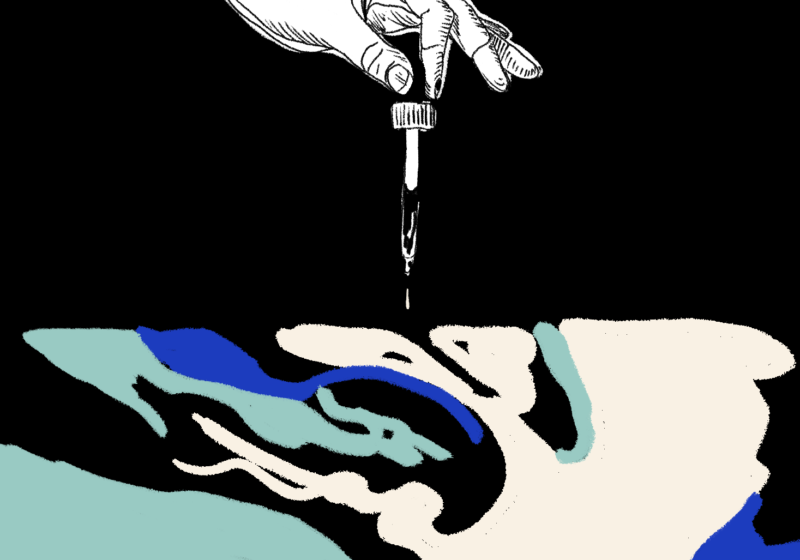You walk past the various tables in the library, and you can hear a different series of complaints coming from each group you pass by. Several of the STEM classes have an exam coming up, and the students enrolled in those classes are bemoaning their sorry state, wishing they had taken up a major in the humanities instead. That would be much easier, right?
As a humanities major yourself, you want to argue that you have a lot of work to get through as well. You want to explain that there is a different type of difficulty to your work, but between the STEM-dominated campus at UR and the general negative stigma that surrounds the humanities, you start to wonder if they’re right.
Many people claim that entering the STEM field deserves a lot of credit due to its arduous nature. The level of memorization, technical skill, and real-world application required for STEM subjects is seen as a testament to their difficulty. That’s a pretty indisputable fact, and with an increase in minorities overcoming social barriers and gaining opportunities to share their own knowledge in STEM, there appears to be no reason as to why the sciences shouldn’t be held in high regard.
Then there are those who say that the stability that comes with a career in STEM requires less effort compared to that required for the humanities. Additionally, the issues that minority groups encounter when making strides in a humanities-based subject still exist, and are often exacerbated because of the far more limited chances to display one’s work. Depending on who you’re asking and their personal academic experiences, you’ll get a variety of responses, and you’ll never receive a concrete answer as to whether subjects in STEM or the humanities have greater value.
But consider this — maybe we’ve all been wasting our time debating the relative worth of the two fields, and instead accidentally devaluing both by overlooking their individual and combined merits.
STEM has helped progress our society structurally, technologically, and medically. It provides us with a better understanding of ourselves as well as the world around us, and allows us to utilize our resources to benefit aspects of the world that need fixing. The humanities, in their own way, do something quite similar. They preserve and innovate the human experience, giving us the opportunity to see where we came from and where we are now. They enable people to creatively express their thoughts and celebrate shared experiences, highlighting the human connection in a world that grows further apart day by day.
If these two fields can achieve so much on their own, then just imagine how much we could accomplish if we combined them. The humanities are the key to communicating STEM-based information to the general public. The global influence of advances in STEM in turn heavily affects the humanities in terms of what means of communication is needed. The entirety of the COVID-19 pandemic has been a prime example of this — we needed the STEM field to learn how to navigate a pandemic, and we equally needed the humanities not only for effectively disseminating information on new discoveries, but also for comfort during what was and is a very dark, depressing, and isolated time.
The increasingly competitive mindset that pervades our society seems to be the driving force behind this unnecessary comparison between the sciences and humanities. Why are we comparing two things that really can’t and shouldn’t be compared? It doesn’t give either of them the credit they deserve, and it draws attention away from the large-scale problems they can address when combined. If we treat all subjects as ideas that foundationally build upon one another, we can see the importance of interdisciplinary academics as a whole unit rather than incomplete fragments.
After all, we’re only robbing ourselves of a more open-minded and interconnected understanding of the world if we continue to draw imaginary barriers between lines that have always been entangled.


